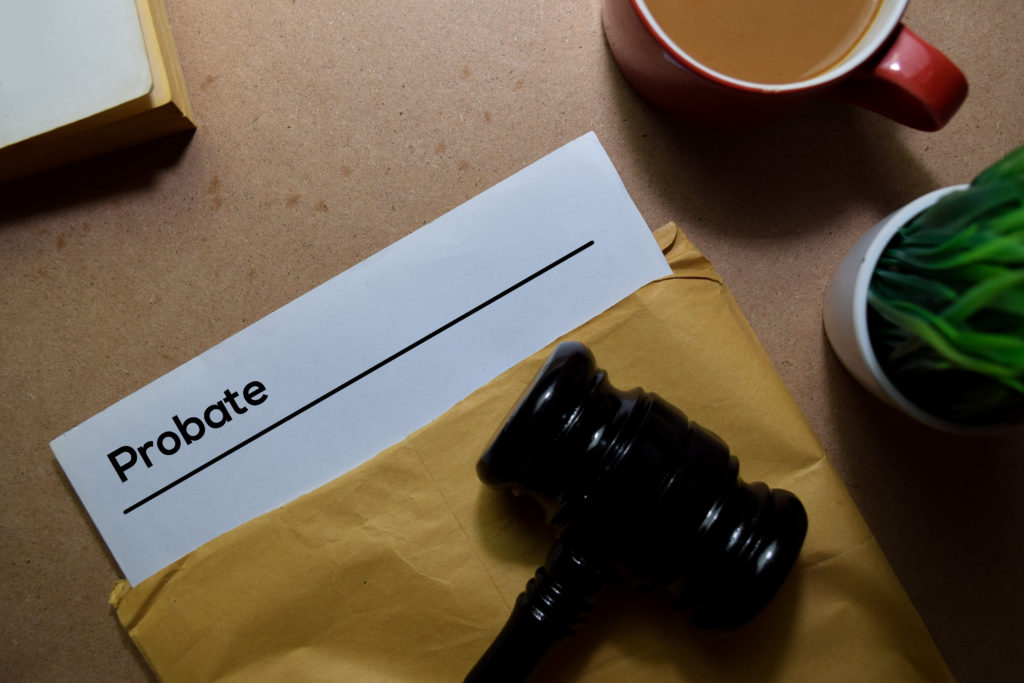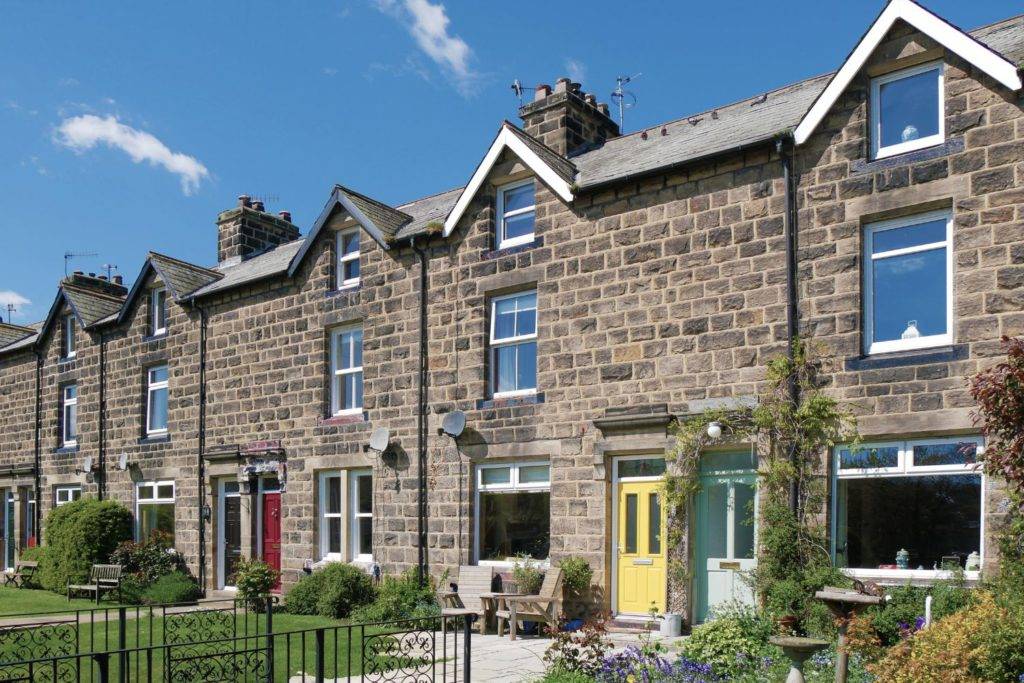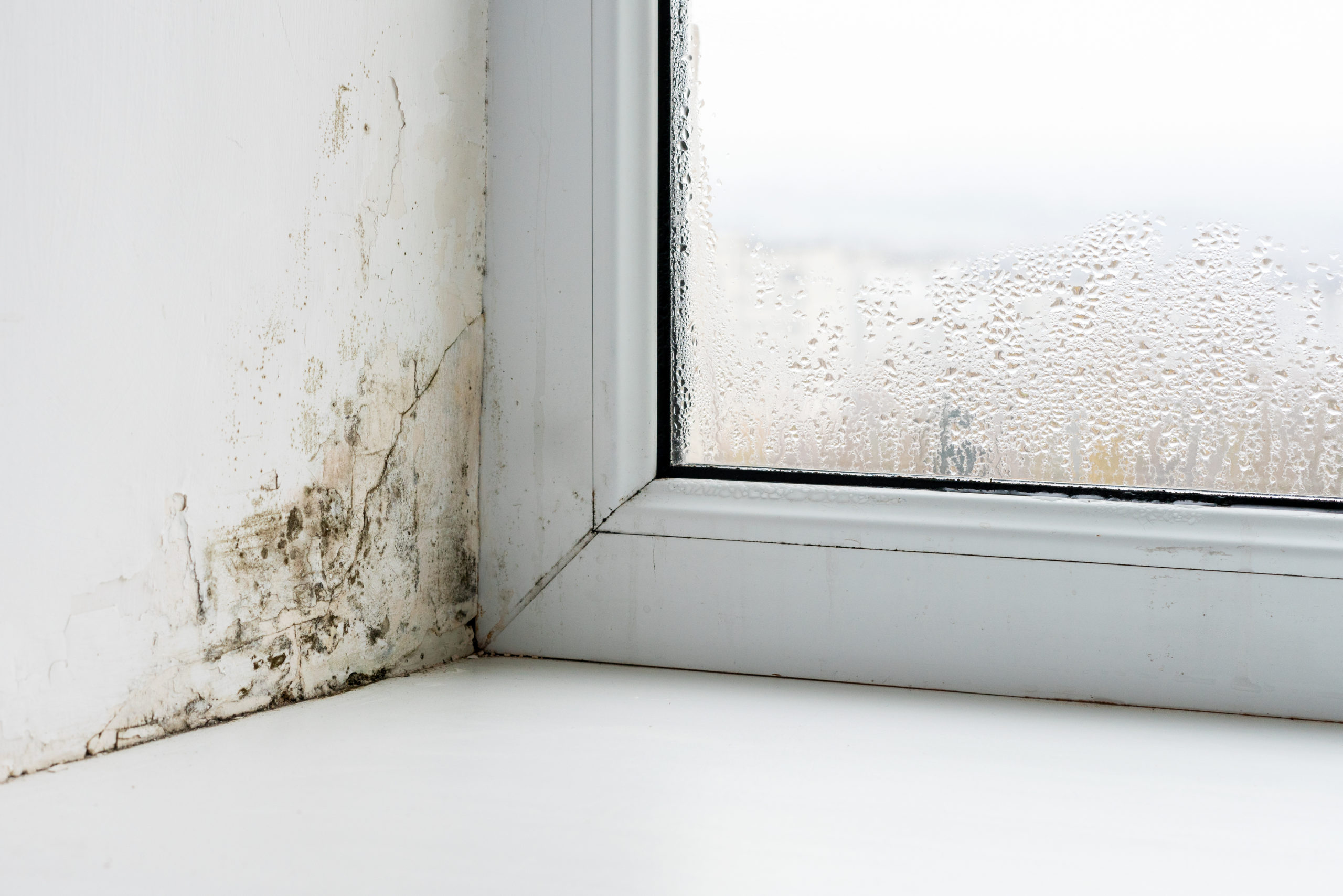Executors often assume that probate requires only a property valuation. While a RICS valuation is essential for legal and tax purposes, in many cases a survey is just as important, especially if the property will be sold or mortgaged.
At ASL Chartered Surveyors, we regularly support solicitors, executors, and families with probate properties across Liverpool, Wirral, Chester, and the wider North West.
We break down the difference between a valuation and a survey, explain when each is necessary, and share a real case study to highlight why choosing the right option matters.

Do You Need a Valuation or a Survey for Probate?
When dealing with probate property, one of the first questions executors and solicitors ask is: “Do I need a valuation, a survey, or both?”
The simple answer:
- A RICS probate valuation is always required for legal and tax purposes.
- A survey may not be compulsory, but in many cases it’s just as important, for properties due to be sold, transferred, or mortgaged.
What is a Probate Valuation and Why is it Needed?
A probate valuation is a formal assessment that determines a property’s market value at the date of death of the deceased owner. It is required by HMRC and forms a key part of the probate process.
A RICS Red Book valuation is essential for:
- Inheritance Tax (IHT) purposes: HMRC requires an accurate, RICS compliant valuation to calculate any tax liability.
- Probate application: executors must submit a valuation to obtain a Grant of Probate, which gives them the legal authority to manage and distribute the estate.
- Estate distribution: beneficiaries rely on a clear and reliable valuation to guarantee fairness and transparency when dividing assets.
- Legal compliance: executors are legally obliged to provide accurate property values.
Without a RICS probate valuation, executors risk challenges from HMRC or beneficiaries.
How Does the Probate Value Impact the Market Value?
While a probate valuation establishes the market value of a property at the date of the owner’s death, it can differ from the price the property eventually sells for.
This is because the probate value reflects a fair and objective assessment for legal and tax purposes, whereas the open market is influenced by buyer demand, condition, and timing.
In some cases, a property may achieve more or less than the probate valuation once listed for sale, but having a RICS-compliant valuation ensures HMRC and the courts recognise the figure as accurate and reliable.
What is a Probate Survey?
A survey, such as a RICS Level 2 or Level 3 report, assesses the physical condition of the property. It examines potential issues including structural movement, damp, timber decay, and roof deterioration, while also identifying urgent repairs and outlining likely future maintenance costs. For executors and beneficiaries, this provides a clear picture of the responsibilities and expenses they may face.
Importantly, a survey also considers risks to mortgageability, helping to determine whether the property might raise concerns for lenders or prospective buyers. This makes it particularly valuable when a probate property is being prepared for sale or transfer, as it enables those involved to uncover hidden problems early and approach negotiations with confidence.
A probate survey typically covers:
- Damp, timber decay, and roof defects
- Structural movement or subsidence
- Urgent repairs and future maintenance costs
- Risks to mortgageability (critical if the property will be sold or refinanced)
Valuation vs Survey for Probate: Key Differences Explained
Probate Valuation | Survey (RICS Level 2/3) | |
| Purpose | Establish market value for HMRC & probate | Assess property condition & repair needs |
| When Needed | Always, for probate compliance | When selling, mortgaging, or repairing |
| Legal Requirement | Yes: HMRC, IHT, probate application | Not legally required, but vital for sale or mortgages |
| Detail Provided | Market value figure only | Full report on defects, risks, repair costs |
| Compliance | RICS Red Book Standards | RICS Home Survey Standards |
When Does a Survey Add More Value in Probate Cases
While valuations are essential for legal compliance, a survey can often save significant time, money, and stress. By confirming that a property is mortgageable before it goes to market, a survey helps avoid delays or complications during the sale process. It also brings potential defects to light early, which means executors can address them upfront rather than facing last-minute renegotiations with buyers.
Additionally, a survey provides executors with a clearer picture of repair costs, allowing them to budget effectively before the property is marketed. For beneficiaries, this level of insight offers valuable reassurance, ensuring they can make informed financial decisions with confidence.
A survey also strengthens transparency between everyone involved in probate, reducing the likelihood of disputes over the property’s condition. In some cases, it can even enhance the final sale price, as a well-documented report reassures potential buyers that there are no hidden surprises or major defects.
Do You Always Need a Survey for Probate?
Not always. If the property is being transferred to a family member and won’t be sold, a valuation may be enough. However, a survey is strongly recommended if:
- The property will be sold and you want to avoid last-minute buyer renegotiations.
- The property will be mortgaged and lenders need reassurance on condition.
- The property is older or in poor repair and may have hidden issues.
- Beneficiaries want clarity on future repair costs and liabilities.
Case Study: Why a Survey Was Essential in Mossley Hill, Liverpool
We were recently instructed by a solicitor in Mossley Hill, Liverpool to carry out a probate valuation. On inspection, it became clear that the property’s condition would affect its mortgageability.
Instead of just providing a valuation, we carried out a RICS Level 2 Survey. The report highlighted urgent repairs, including damp and roofing concerns, which could have stalled a future sale.
With this knowledge, the executors were able to budget for works and proceed with confidence — avoiding delays and protecting the value of the estate.
We see similar cases across Liverpool, Wirral, and Chester, where a valuation alone doesn’t provide the full picture executors and solicitors need.
Practical Advice for Executors and Solicitors
- Always obtain a RICS Red Book valuation for probate to meet legal and tax obligations.
- Consider a survey if the property will be sold, refinanced, or transferred.
- Understand your property’s condition to avoid any last minute surprises and to avoid delays in sale or transfer.
- Provide clarity for beneficiaries – Accurate valuations and surveys support transparency and fairness in estate distribution.
- Seek professional guidance - at ASL, we’ll advise on whether a valuation, survey, or both are appropriate based on your specific circumstances.
How ASL Can Help With Probate Valuations & Surveys
Trust in ASL - Chartered Surveyors & Valuers
At ASL Chartered Surveyors, we specialise in both probate valuations and RICS surveys, supporting solicitors, executors, and families through every stage of the probate process.
Across Liverpool, Wirral, Chester and across the North West, our experienced team provides accurate, compliant valuations and surveys, giving executors, solicitors, and families complete peace of mind.





